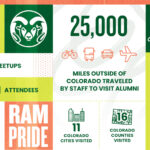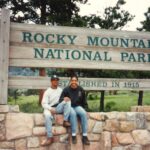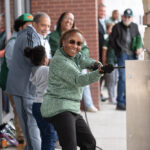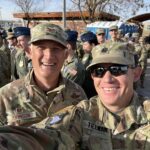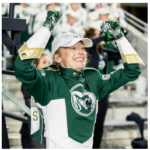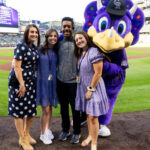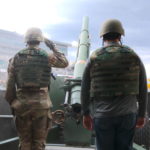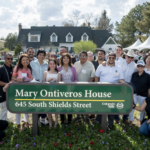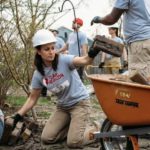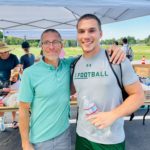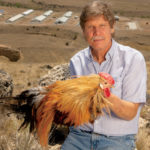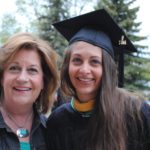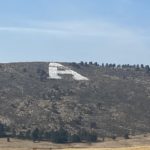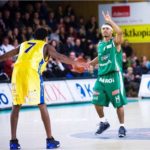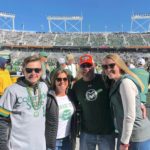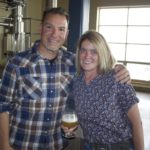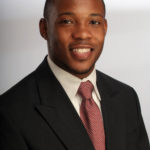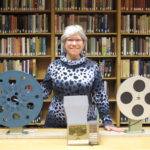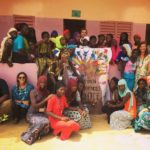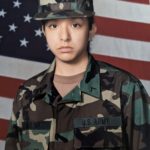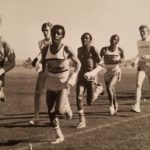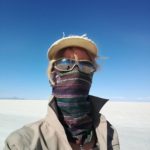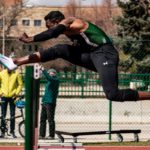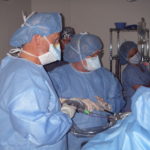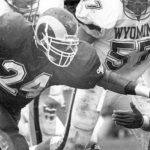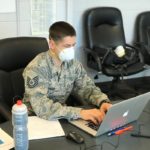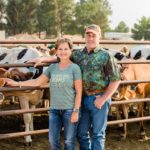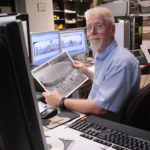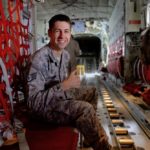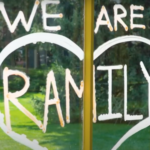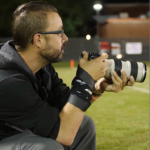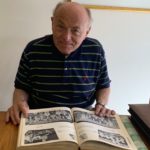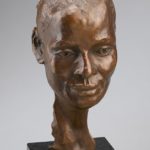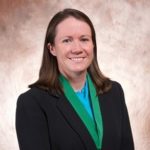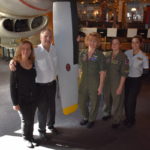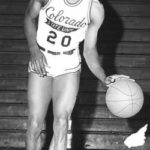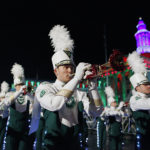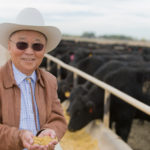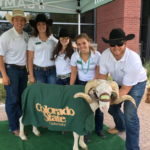Major General Robert Halverson (B.S., ’63) was never going to be a follower. Growing up, he says, he was more comfortable being the instigator and the one who could marshal his friends and himself toward a particular outcome. That innate ability and desire to lead resulted in a military career spanning nearly four decades that would see Halverson receive myriad awards and medals; journey around the world; and uplift the next generation of officers. That’s why he will be ringing the Old Main Bell before the Nov. 12 military appreciation football game when the Rams take on the University of Wyoming.
Halverson’s decision to attend Colorado State University came down to a single question his Littleton High School physics teacher told him to ask when he was visiting prospective colleges.
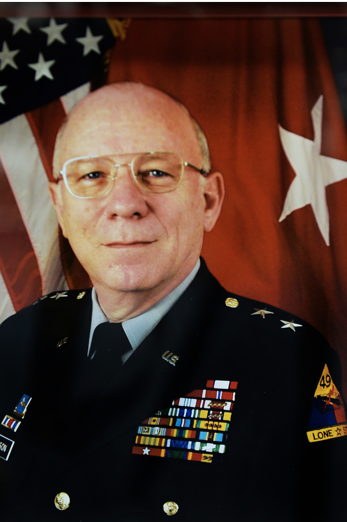
“He told me to ask whether professors or their teaching assistants were the ones teaching,” he explained. “I asked that question at CSU and the response was, ‘our teachers teach.’”
That response sealed his decision to attend CSU where he began studying electrical engineering before landing in industrial construction management.
“What I enjoyed most was learning how to analyze what the problem is and how to define the best solution,” he said.
Problem solving, he would come to learn, is the key to good and effective leadership, and it was one of the things that drew him to the Army ROTC. The other reason was he had to.
“In 1959, every male student was required to participate in the ROTC and take physical education classes for their first two years. Every Thursday at 1 o’clock in the afternoon we would have formation and the entire football field was covered with Army and Air Force uniforms,” he said. “It was a time where I was learning about myself, what to expect in myself, and what I wanted to do.”
Learning about American history and military tactics came just as naturally to Halverson as leadership did. With the help of great instructors (most notably Assistant Professor of Military Science Colonel Robert “Pat” Patterson), the Vietnam War ramping up, and the prospect of a paycheck, Halverson decided to accept a commission as a second lieutenant.
“My thought was if I’m going to Vietnam, I want to go in as an officer,” he said. “They also promised to pay us 90 cents a day, which wasn’t too bad because at the time hamburgers were 15 cents.”
Halverson reported for active duty at Fort Benning in Georgia where he underwent basic training and was commissioned as an intelligence officer. His first duty assignment was at Fort Carson in Colorado.
“That was only 50 miles south of my hometown, which wasn’t great for me because I wanted to see the world,” he said. “A year later my battalion commander asked me what it would take for me to stay in the Army and I told him a tour in Europe.”
Halverson got his wish, and for the next three years he was stationed in Germany and that began the whirlwind of travels, assignments, and experiences that comes with a life in the military.
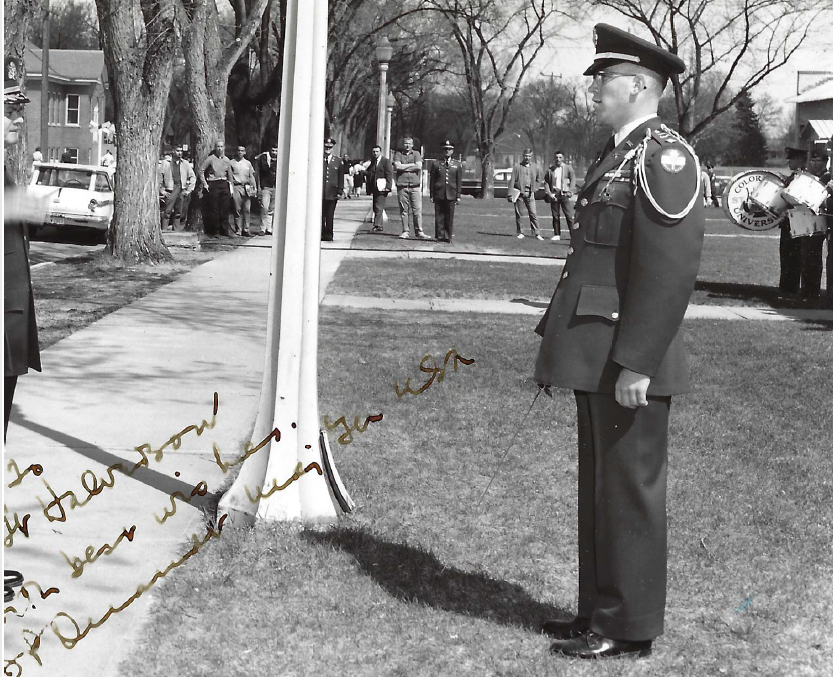
He had short stops in Maryland and Fort Bragg in North Carolina where he received training in weapons, intelligence, and language, before arriving in Vietnam on Christmas Eve in 1968. After a year of rustic living on an island off the coast of the city of Hue, he spent time learning how to train the next generation of officers, served as the Operations Officer of a battalion and then served as a special security officer for generals and ambassadors working with NATO in Brussels, Belgium.
After completing 15 years of active duty service, and with plans to retire, Halverson was asked to join the Texas National Guard and take over intelligence operations for the 49th Armored Division in 1985. His active duty experience was instrumental in helping him train and lead those troops, and after being promoted to lieutenant colonel, colonel, chief of staff, and then general he became the assistant division commanders of the 49th Armored Division.
When the Bosnian War erupted in 1992, the Army took an experimental approach and tapped Halverson and the 49th Armored Division to conduct peacekeeping missions in conjunction with a multi-national NATO effort.
“We were flattered, but we also knew we would be the first [National Guard troops] to do this and would be under the watchful eye of the Army. We decided we would be the best,” Halverson said. “In Bosnia, we did things other [National Guard] soldiers have never been able to do before. Having charge of all the different nations was an opportunity to learn more about the world and what we could accomplish together.”
That experience would be a career-defining one for Halverson, and what he is most proud of was how he was able to mentor the troops and officers beneath him and help them go on to become the best versions of themselves.
“I’m very proud of all of them,” he said. “It makes me feel satisfied to have led them and, as Colonel Pat always told us, leading is about mentoring and developing those you’re in charge of.”
Even after his retirement from the Army (not to mention a 20-year career as Deputy Commissioner of Insurance for Safety in the Texas Department of Insurance) that leadership philosophy stuck with Halverson. He thought back to his time in the Army ROTC and, with the help of his CSU classmates who he has reunited with every year since 1995, helped developed two scholarships for ROTC cadets who show exemplary leadership skills. The scholarships are an homage to Colonel Pat and his time with the ROTC.
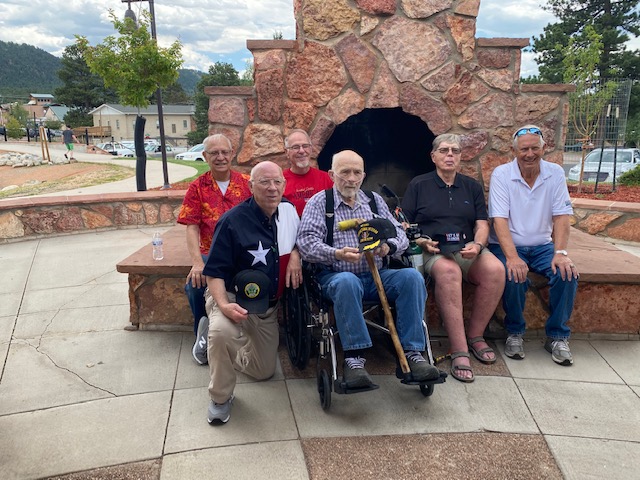
“I often tell cadets I never intended to pursue an Army career, but the training I received in the Army ROTC would have helped me be successful in whatever I did,” he explained. “Learning about our nation, how our democracy is one of a kind, and all the opportunities this country presents to us made me a better person and helped me understand what goes on in the world. ROTC training teaches you how to be a member of a team and, as a leader, how to make that team better. That’s really what has contributed to my success.”
Halverson will be leading again, but this time it will be at the Iris and Michael Smith Alumni Center on Nov. 12 where he will ring the Old Main Bell. The peal of that bell is a fun way to kick-off the football game, but for Halverson, it will serve as recognition for his extensive service to the country and commemorate how it all began as an ROTC cadet.
* * * *
When you join the Colorado State University Alumni Association, you become part of something bigger – a global community of green and gold that keeps alumni connected to the University and each other. Annual member Major General Robert Halverson is making an impact on current students and future Rams by funding youth programs; providing support for alumni programming, outreach, and engagement across the nation; and preserving time-honored traditions that bind us together as Rams. You can make a difference too, and gain access to benefits such as exclusive invites, bookstore savings, career services, and more. Become a member today!

